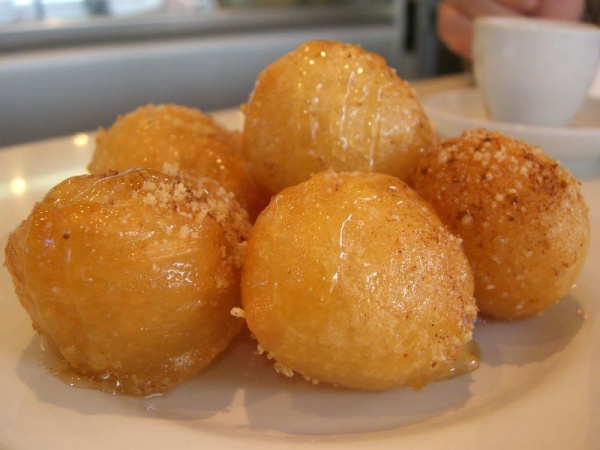Facts About Lokma
Lokma, also known as loukoumádes in certain regions, is a delightful pastry made from leavened, deep-fried dough. Typically, these delicious morsels are soaked in syrup or honey and occasionally sprinkled with cinnamon. This treat isn't new; it boasts a rich history dating back to the 13th century when al-Baghdadi referred to it as "luqmat al-qādi" meaning "judge's morsels."
The name "lokma" comes from the Arabic word "luqma" which means morsel, mouthful, or bite. These pastries have been enjoyed in various cultures and historical contexts. For instance, in ancient Greece, loukoumades were awarded as prizes to Olympic victors and were often referred to as "honey tokens" or "little gifts" in literature.
You'll find regional variations of lokma around the globe, each with its own unique twist. In Arab countries, versions like luqaymat or awameh are popular, especially during religious events. In Greece and Cyprus, loukoumádes are a beloved treat, typically spiced with cinnamon and drenched in honey syrup.
In Turkey, lokma can be a staple food or a ceremonial dessert, often served during special occasions such as memorial ceremonies. Similar dishes can be found in other regions across the Mediterranean, Middle East, and South Asia. Consider Italian struffoli, Indian jalebi, and gulab jamun.

 Sudan
Sudan